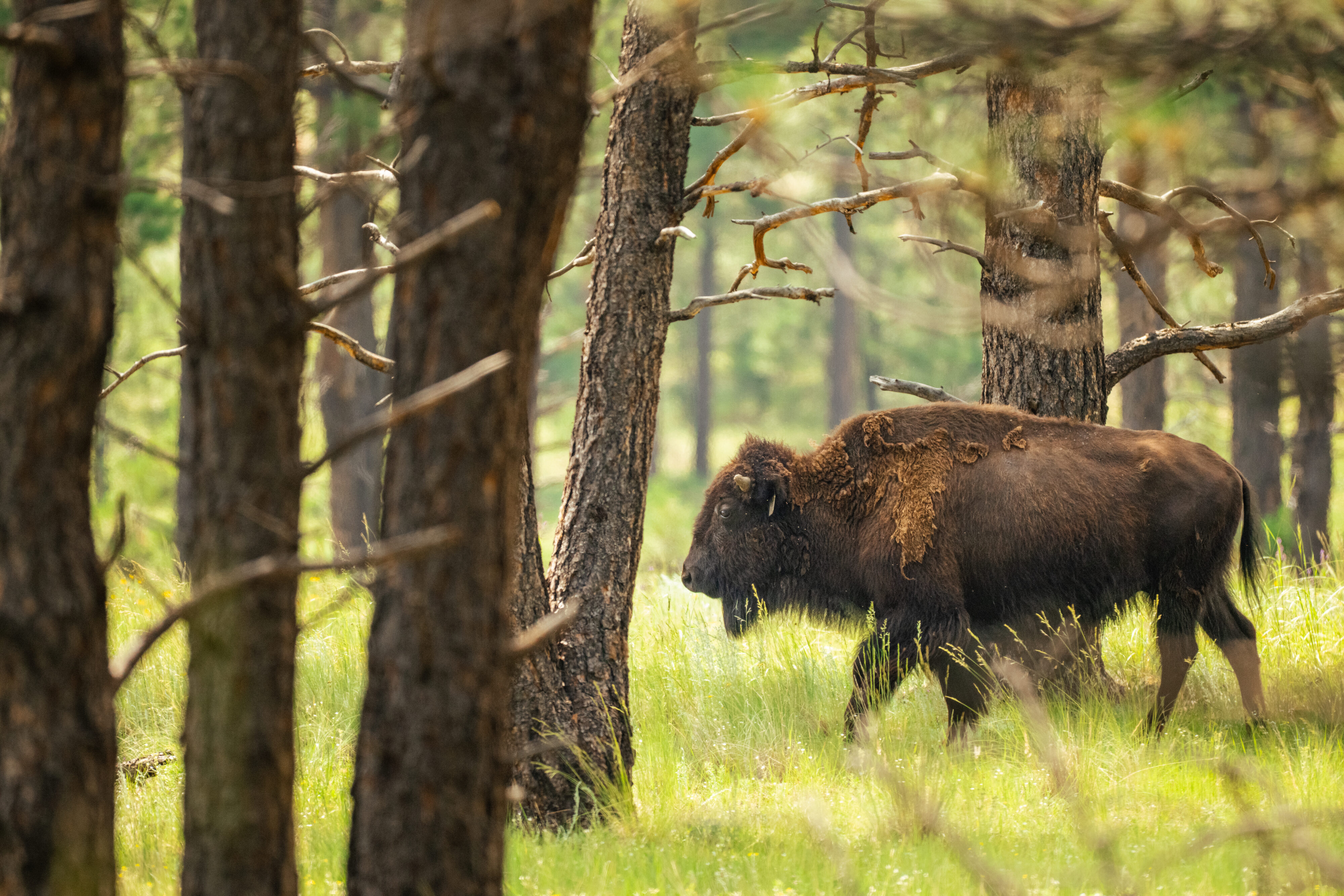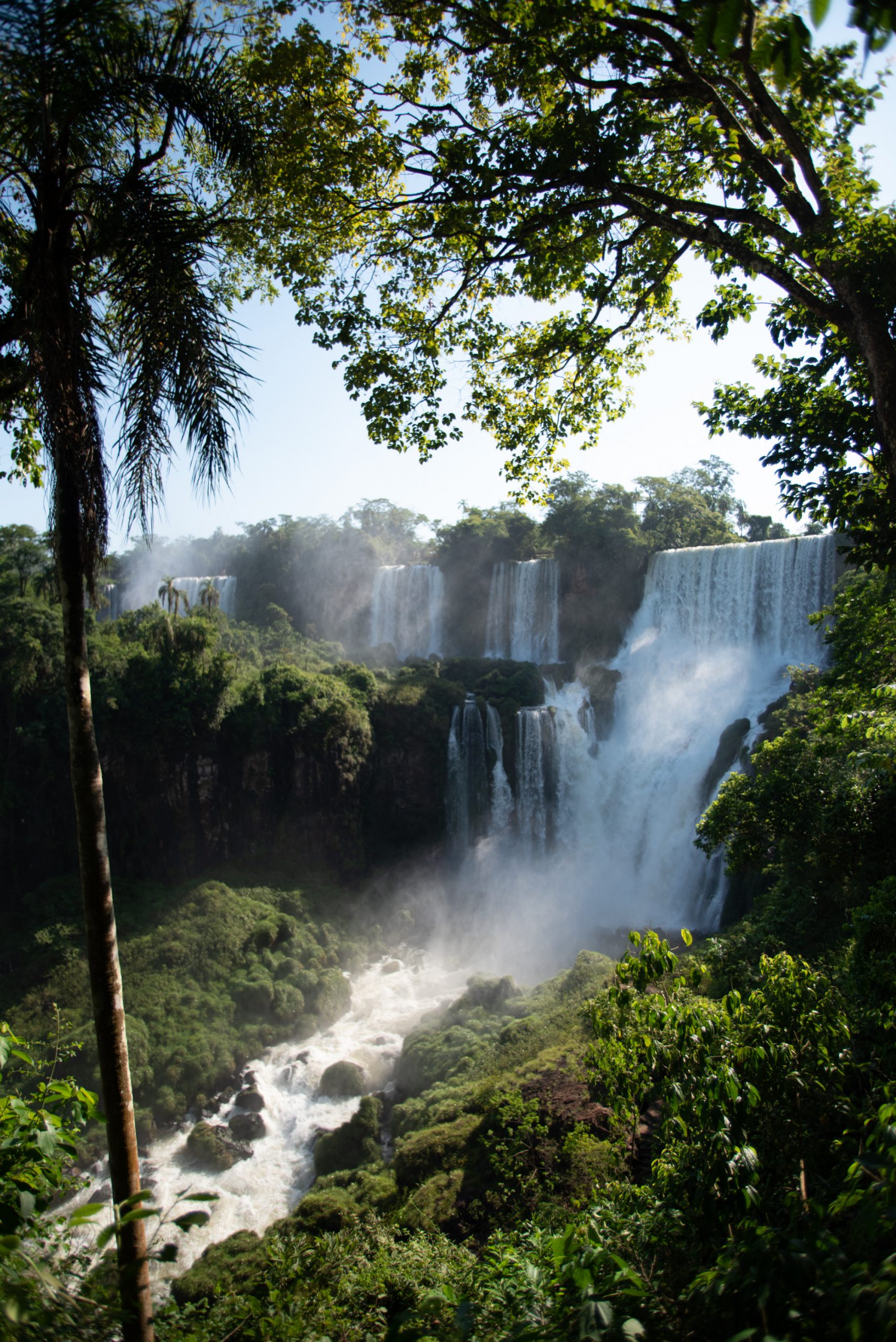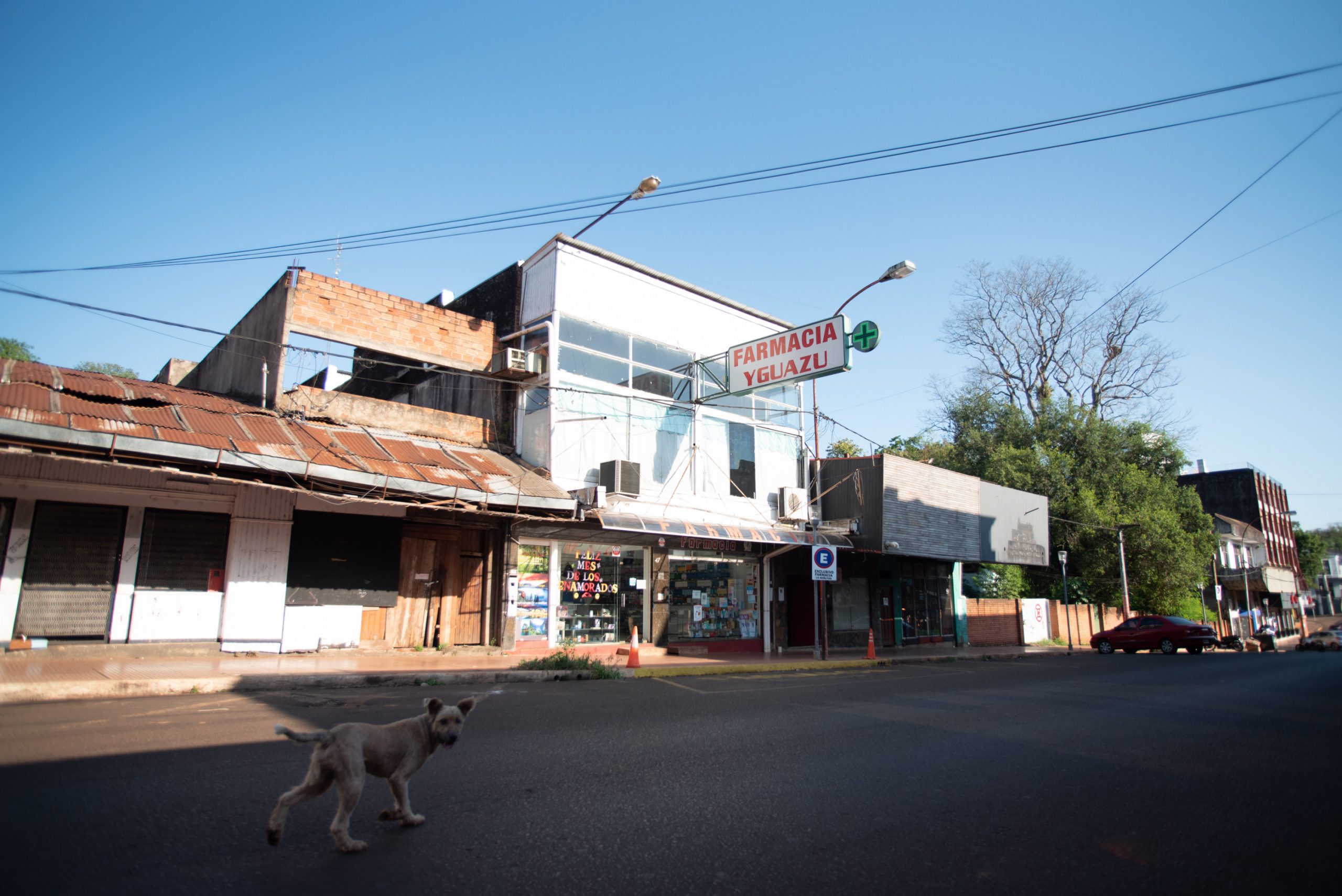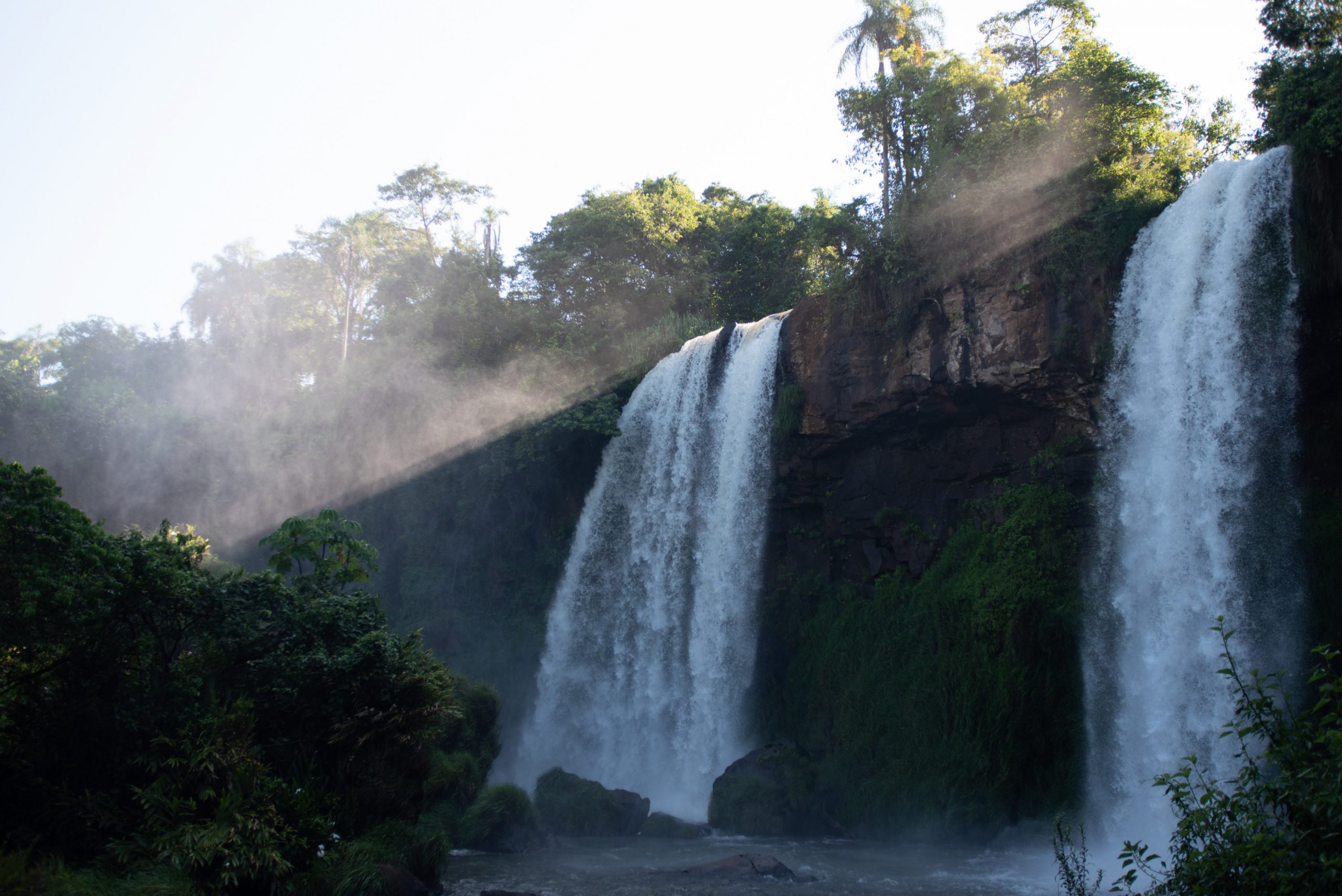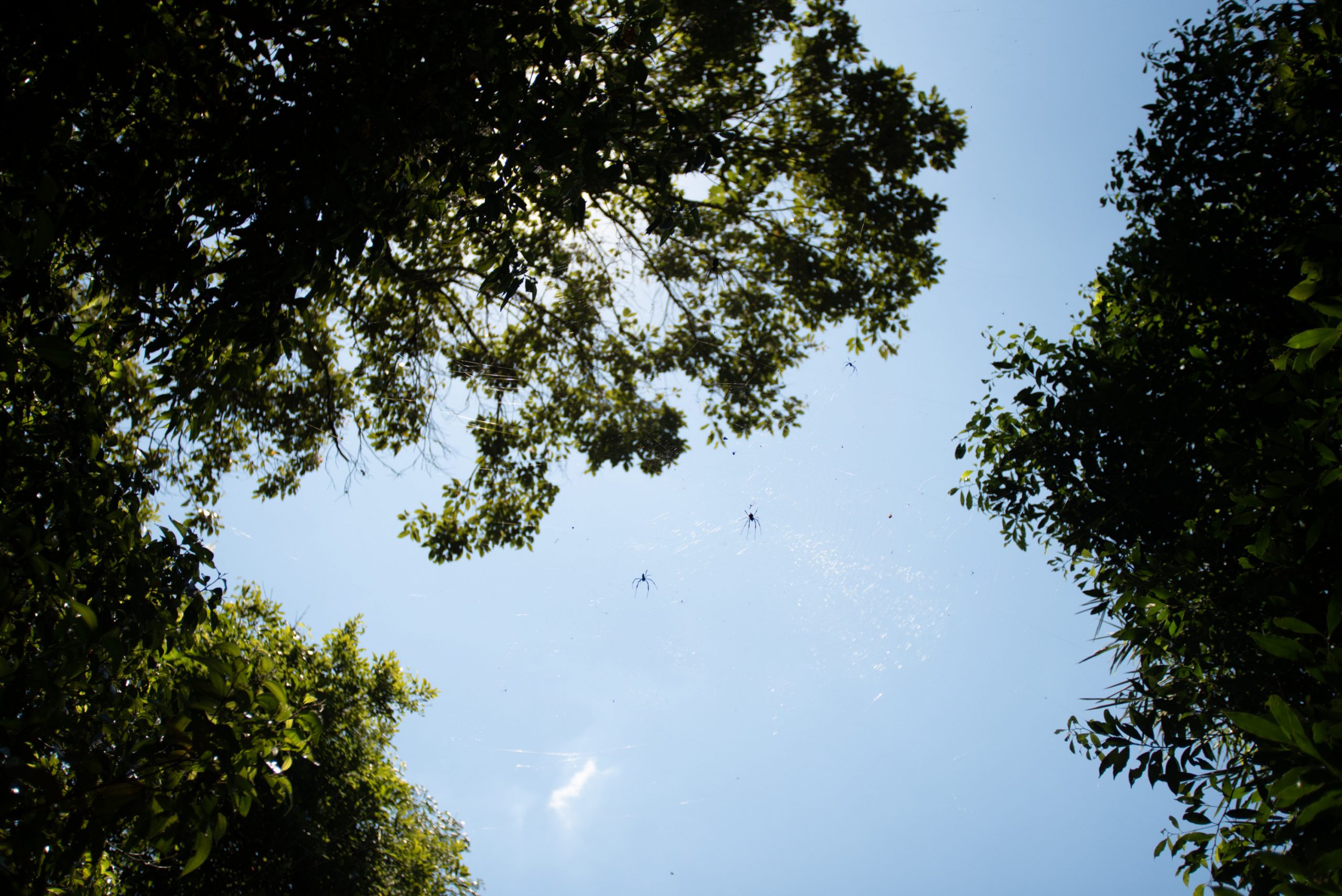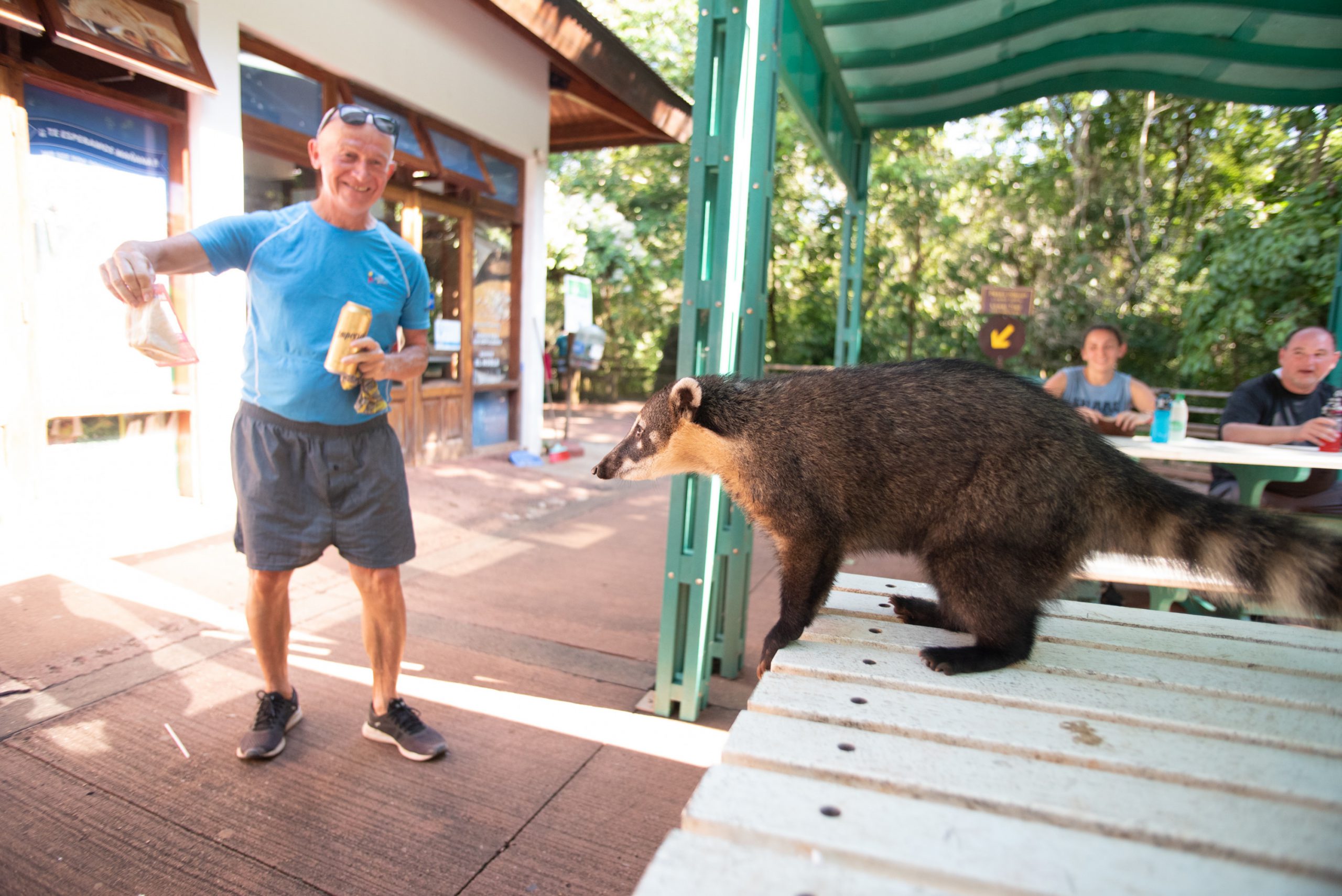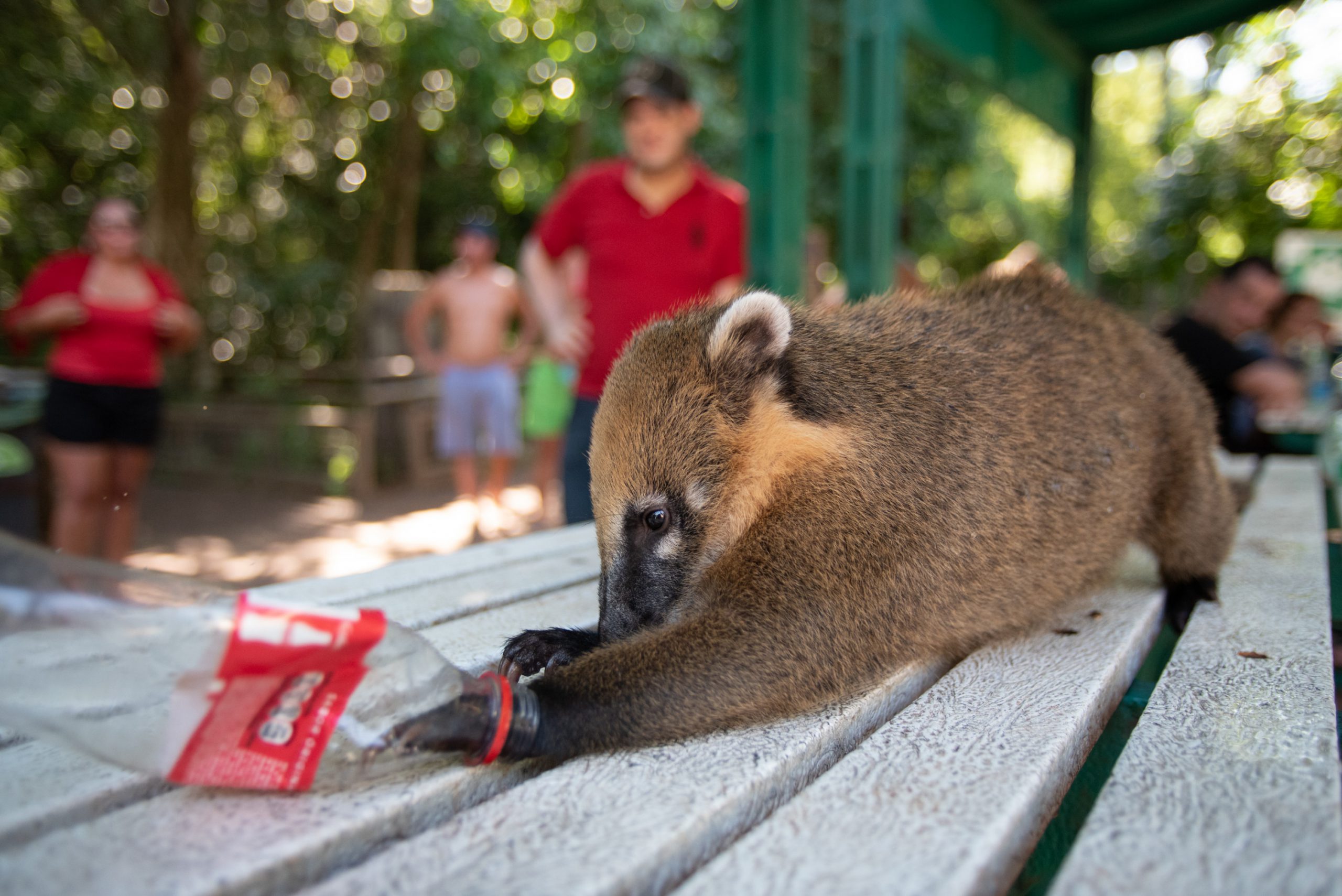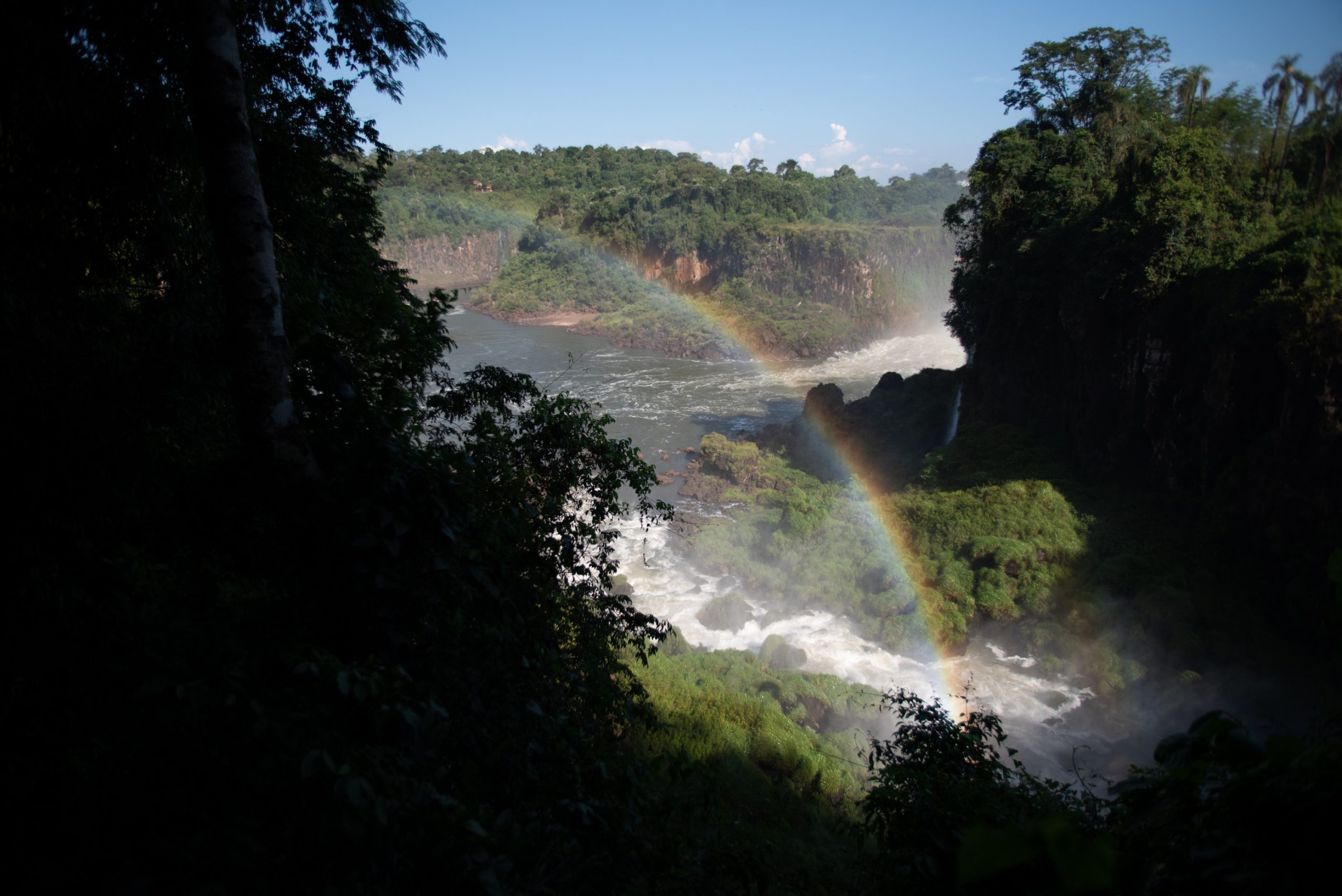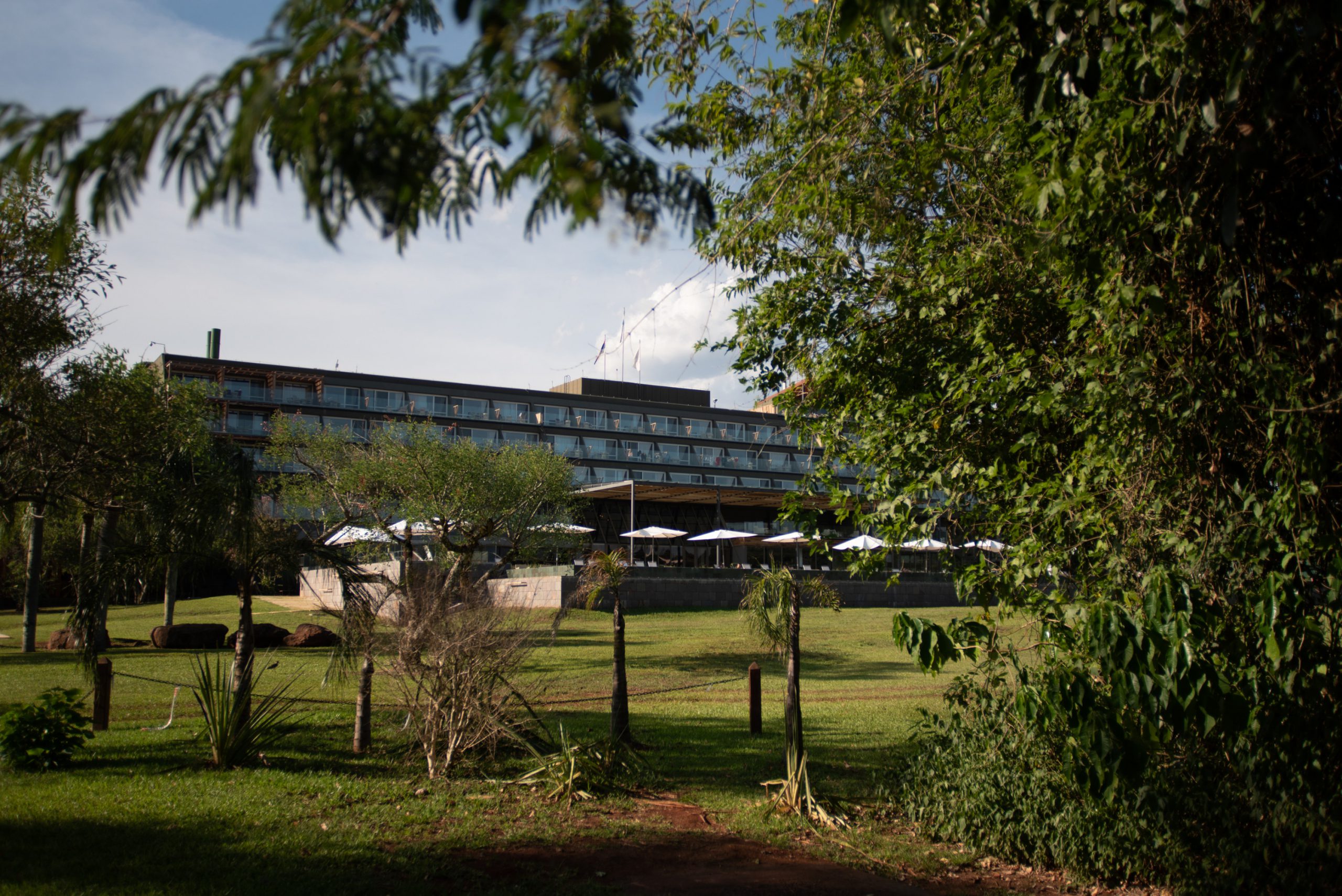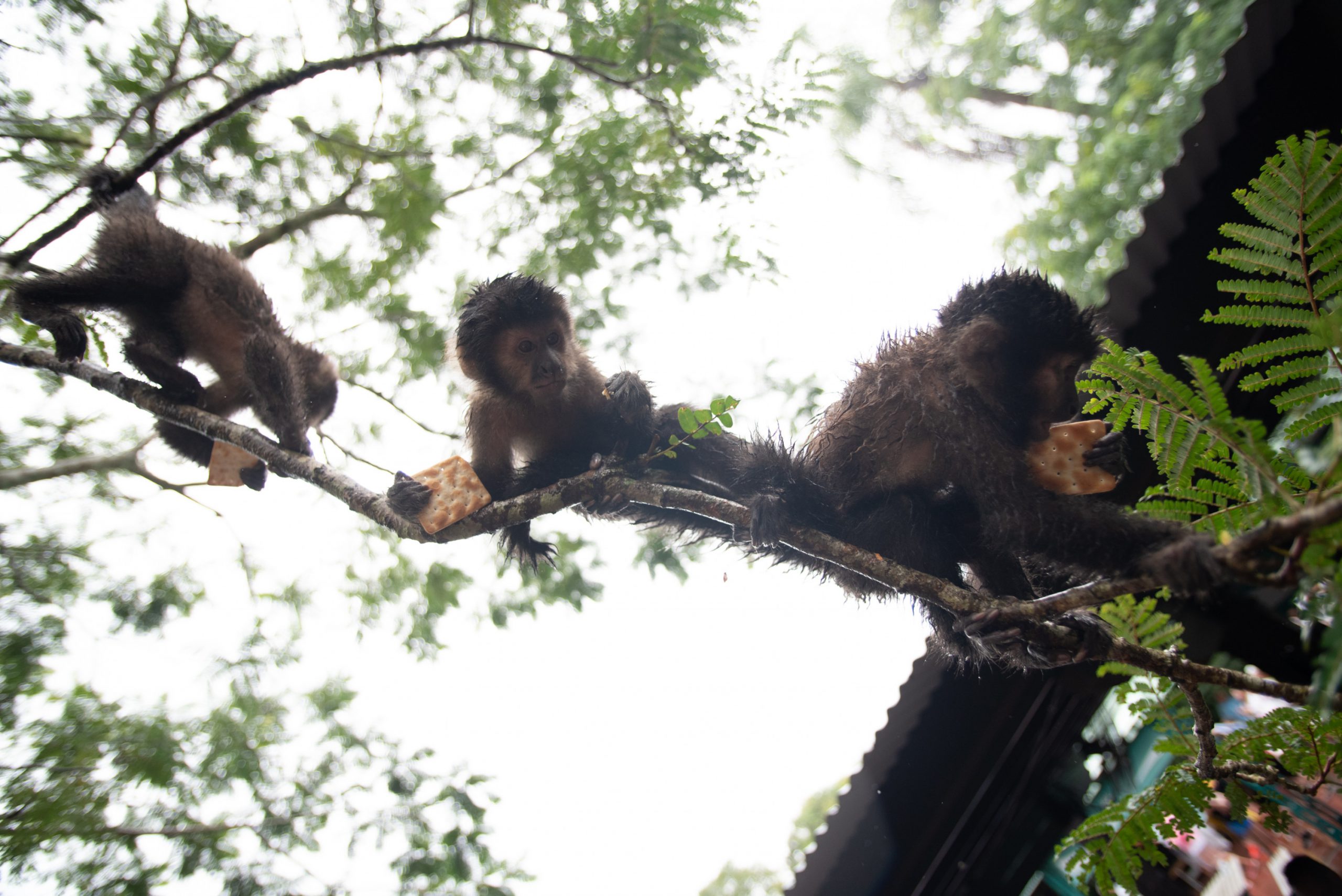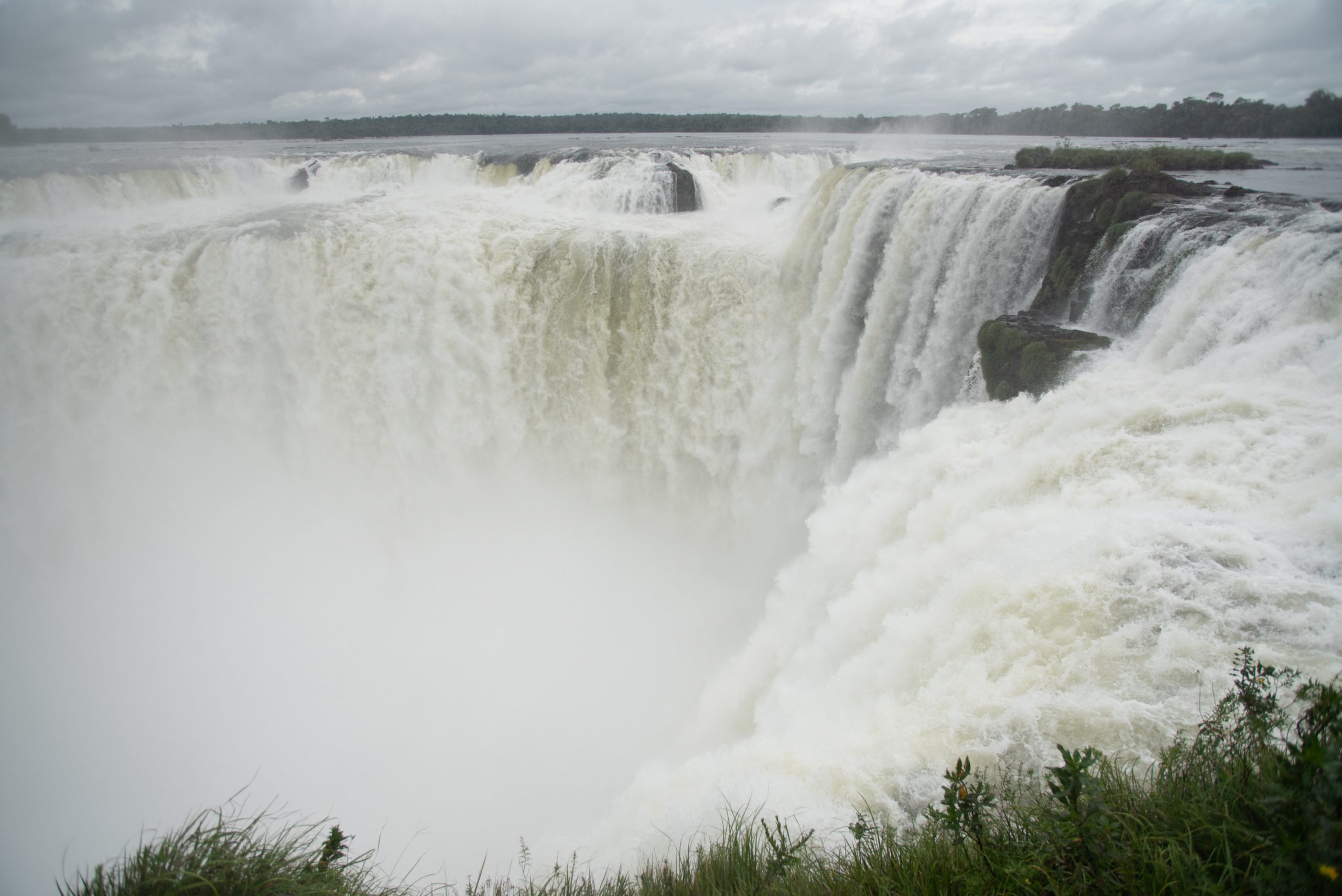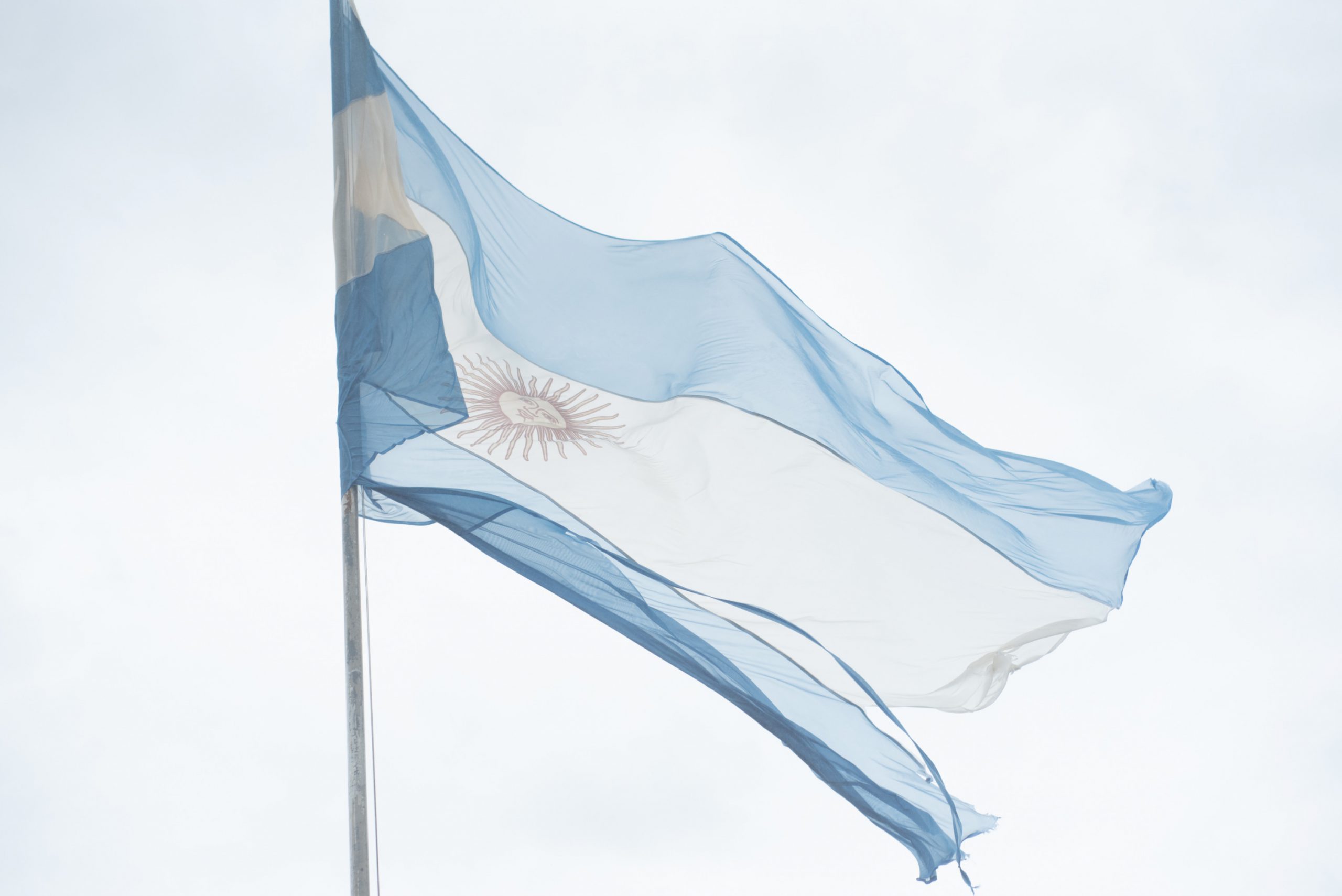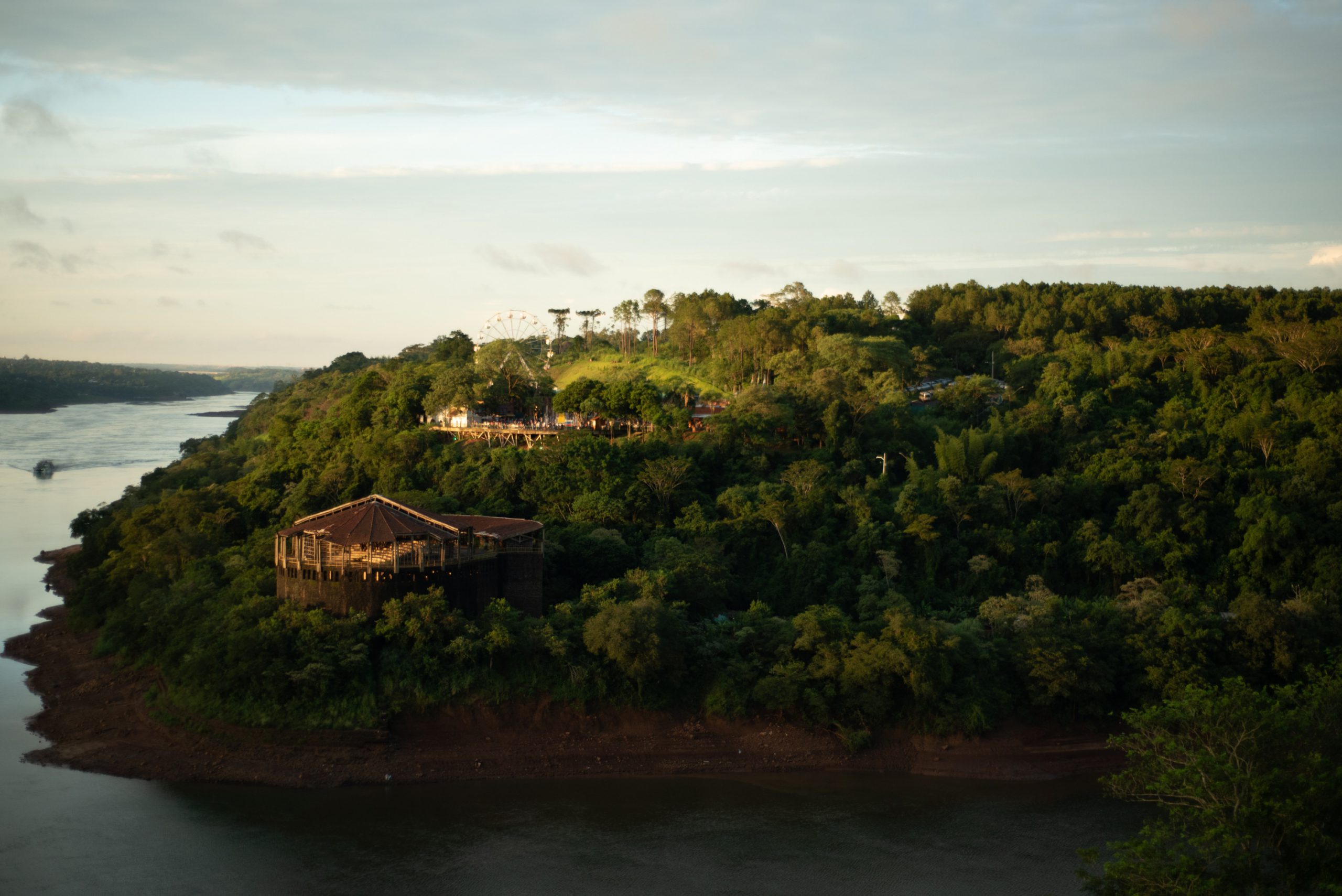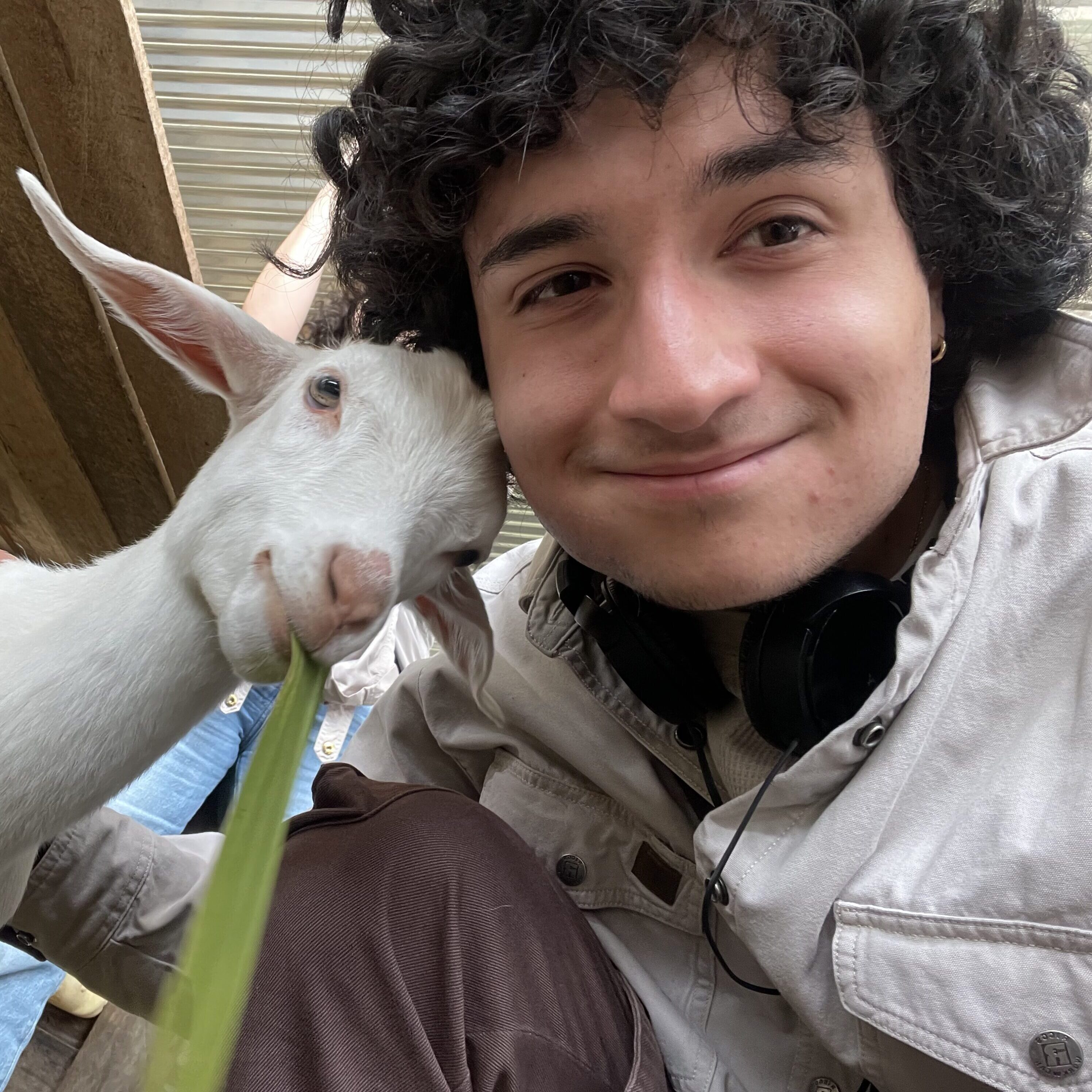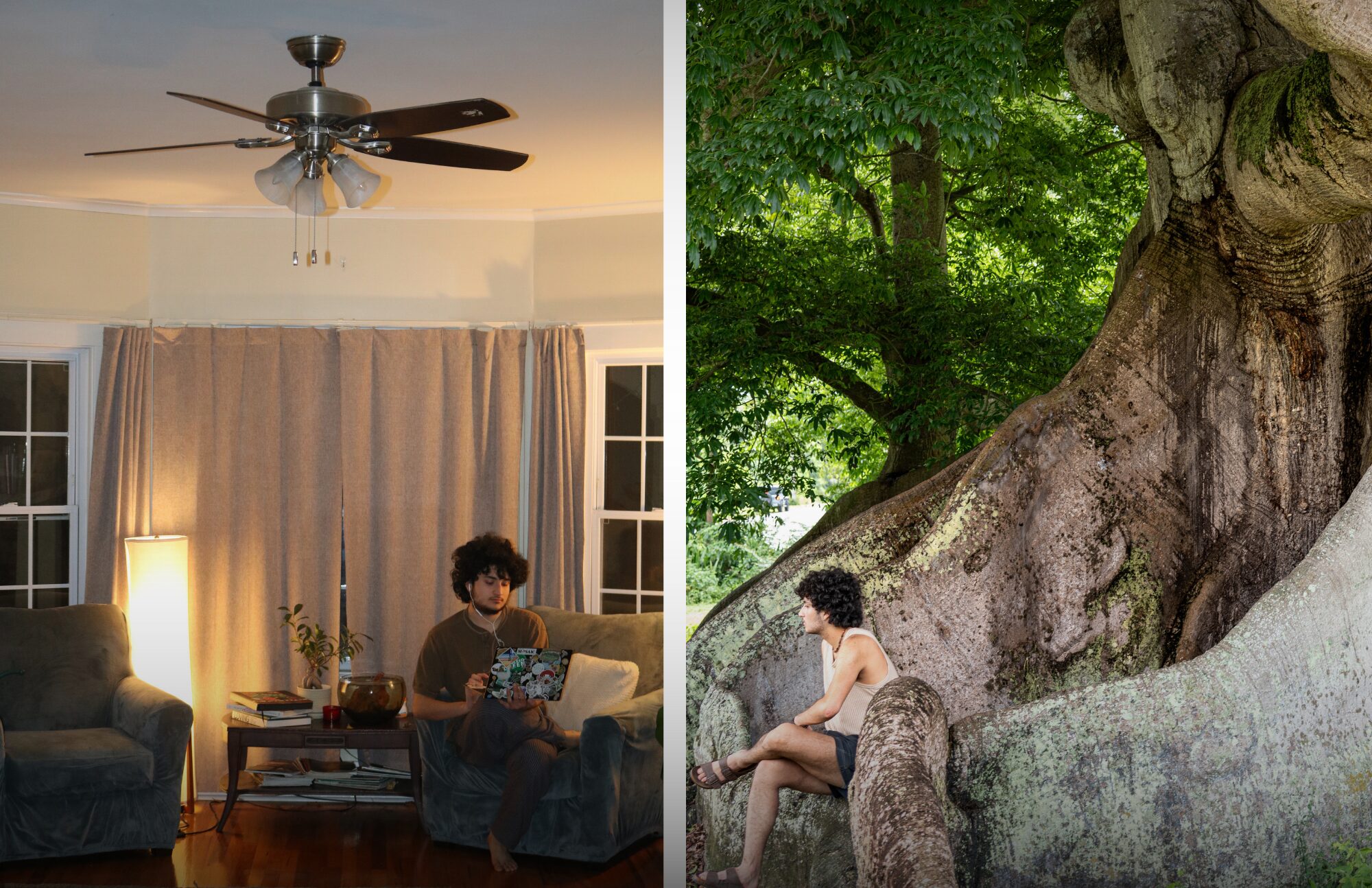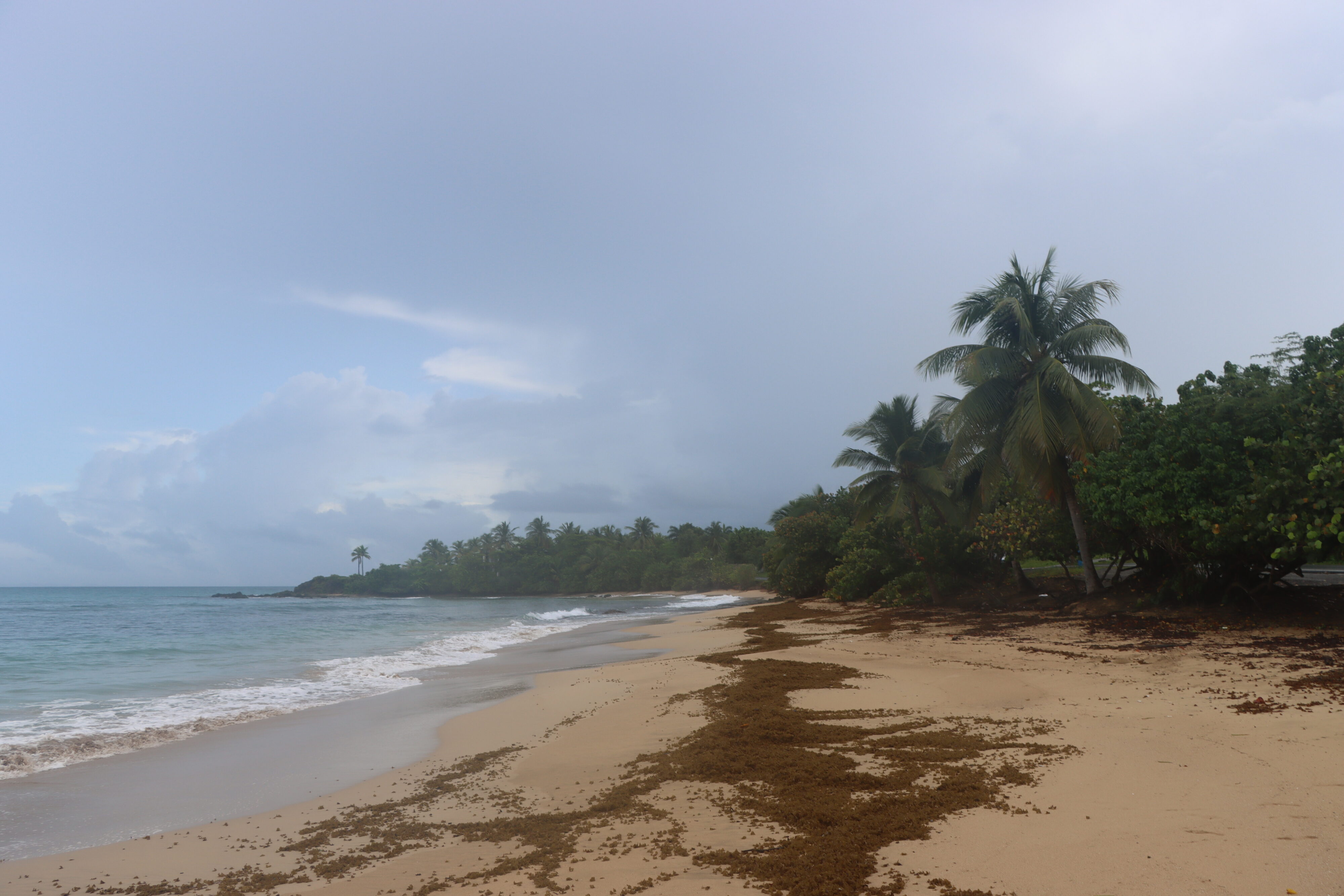 What Silvero is referring to is the root of one of Argentina’s recent causes of local fervor: a government push to monetize the national parks.
What Silvero is referring to is the root of one of Argentina’s recent causes of local fervor: a government push to monetize the national parks.
Argentina is a nation that stretches across more than 2,200 miles from north to south, encompassing stunning national parks of varying land features. While the country hosts these astounding natural sites, the nation itself is facing a difficult economic period.
In late 2018, the Argentine government announced a plan called “Oportunidades Naturales” (Natural Opportunities), what they deemed as “the call for sustainable tourism investments in natural areas throughout the country,” according to a translation of a government website.
The initiative “seeks to attract private investments for the development of tourist services in natural protected areas of the country.”
Enter Iguazú National Park, a breathtaking wonder, home to waterfalls, plants and wildlife in the Atlantic Forest. The park is nestled along the Iguazú River, which separates parts of Argentina and Brazil, though the falls stretch across both borders.Through this initiative, plans for constructing a tourist villa inside the famous Iguazú National Park were drawn out to increase profits from the national park. Iguazú is just one of 20 parks impacted by this program.
The villa’s theme is “glamping” or “glamorous camping.” The attraction could be sited on land that has limited use, per the park’s management plan, according to a recent column in El Independiente Iguazú.
Meanwhile, local residents of Puerto Iguazú, an Argentine town near the park, have drawn their own line. And that line physically couldn’t be crossed when tourists tried to enter the national park in early February.
During the week of Feb. 3, dozens of locals blockaded the entrance to the national park in protest of what the initiative could bring to Iguazú National Park.
Dr. Natalia Vespa works with the Institute of Subtropical Biology and moved from Buenos Aires to Puerto Iguazú 10 years ago. In February, Vespa and Jussara Di Benedetto, an outspoken resident of Puerto Iguazú, sat down with Planet Forward to talk about their experience within the park and the town.
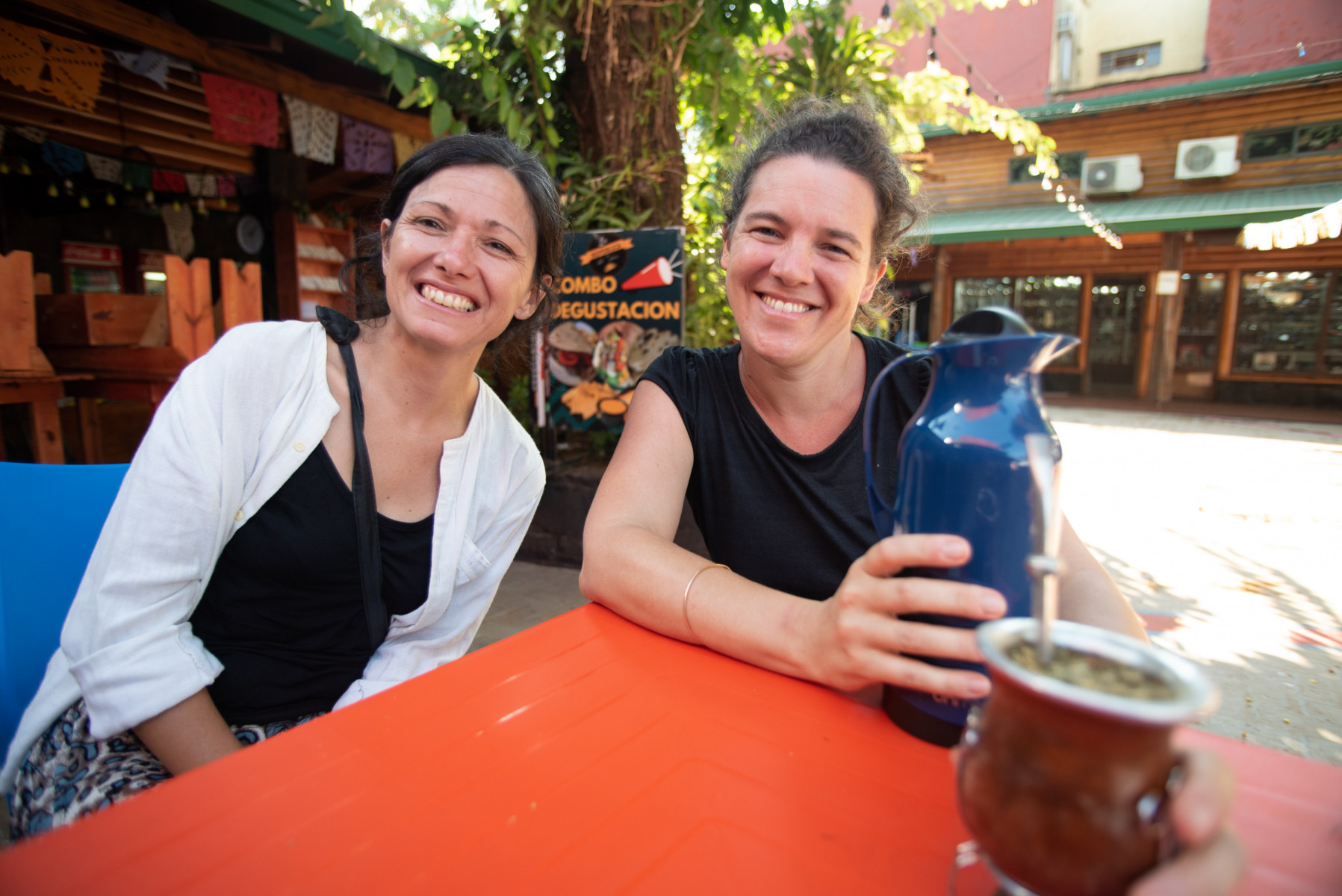
“For national parks in Argentina, the objective is to preserve the natural resources. That’s it,” Vespa said in Spanish. “Aside from this objective, there should not be exploitation of these resources within these parks.”
In a translation of an official statement to Planet Forward from the National Parks Administration in Argentina, they state that, “Oportunidades Naturales project does not consist of the installation and development of tourist villages, but is based on small-scale, sustainable, distant implementations.”
The statement declares that the program “is aimed at positioning Argentina as a world destination for nature tourism, integrating this development as a tool for growth and promotion of regional economies and generating foreign exchange,” per a translation into English.
Town already offers tourism opportunities
Vespa said locals already are facing problems within the town of Puerto Iguazú and she fears that these strains on the relationship between the town and the park will only escalate if construction of the tourist villa within the national park is pursued.
“The town already has bad issues with the lights, water, and Internet,” Vespa said in Spanish. She noted that many neighborhoods in the town went without water for two weeks last month.
Puerto Iguazú is greatly frequented by tourists, as it is a short 11-mile drive to the northwest of the national park and is host to many restaurants, hotels, casinos, bars, shops, and, of course, residents. Much of what the proposed tourist villa would offer could stymie not only business but the needed attention to keep Puerto Iguazú afloat as a town. Vespa fears that if the Villa is pursued, Puerto Iguazú would further augment these issues and lack of attention.
Currently, there are hotels within the national park on the Argentine side and on the Brazilian side.
In an article by Misiones Online published on Feb. 19, Vespa is quoted to saying that the national park already has a large public with infrastructure and benefits for tourism.“We consider the implementation of a project that has its main objective to generate opportunities of touristic development, without solving the current problems that need to be addressed to mitigate the impact of tourism in the natural area, unnecessary,” according to a translation of the interview.
The protests in early February reflect the current sentiment of some locals. According to Radio Cataratas, organizers from La Asamblea Vecinal sent a note that expressed their desires for the cancelation of the “Natural Opportunities” project in the Iguazú National Park as a whole, noting plans for future protests.
For Di Benedetto, she sees the aforementioned protests as being exemplary of how things go in South America.
“We know that in Argentina and all of Latin America, there’s this condition of reproducing things,” Di Benedetto said, citing past revolutions and movements in the southern hemisphere. “Clearly, we want this (the protests against the villa) to mark a precedent.”
Going forward
Beyond infrastructure problems and competition for tourists, there’s another issue on the minds of protesters.
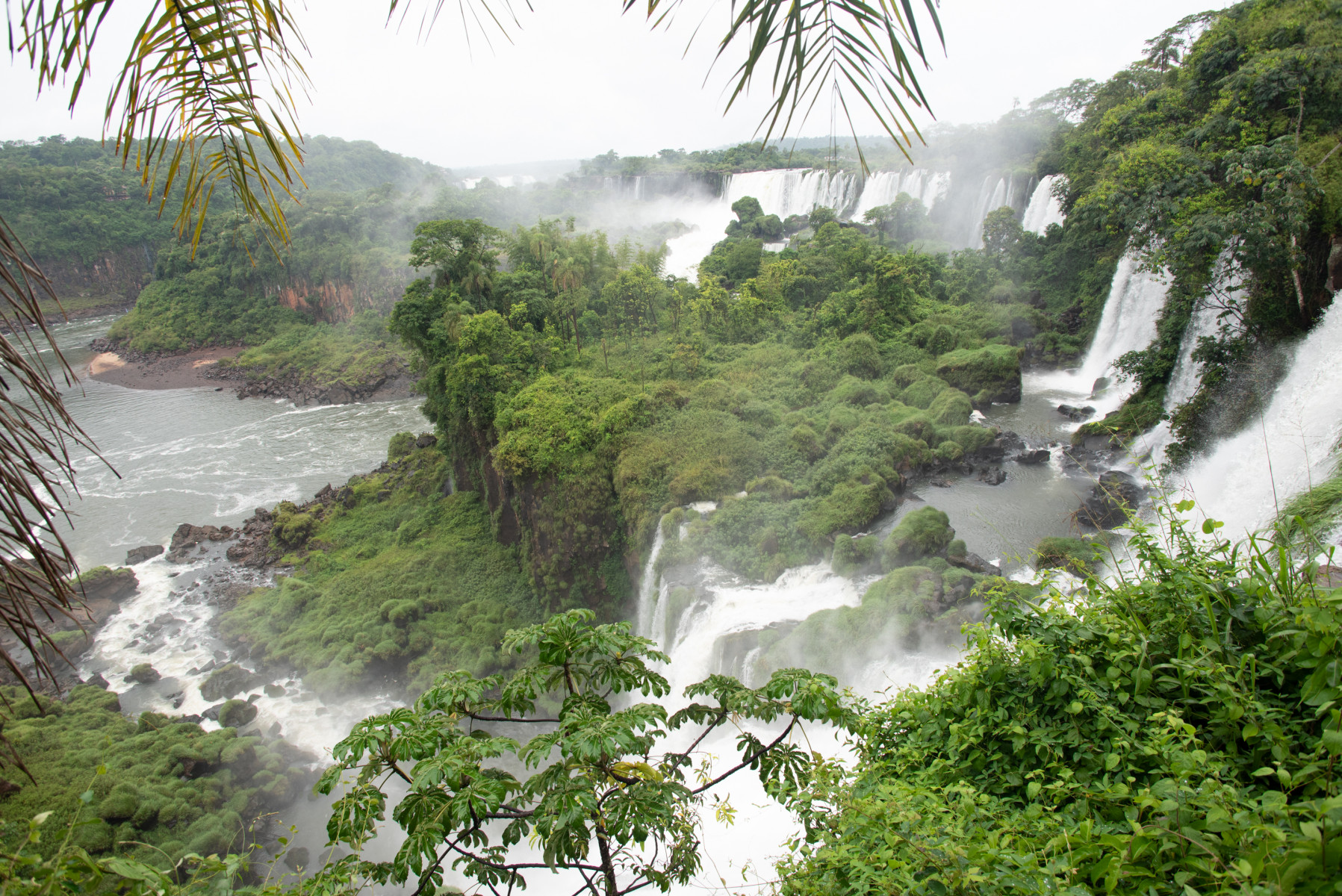
A worker at the national park, who wished to remain anonymous, said he understood what drove so many Puerto Iguazú locals to protest the possible construction of the tourist villa in the park.
“Many people think about the environmental impacts of the villa,” he said in Spanish.
Planet Forward was told by the Administration of National Parks, “In the case of the Iguazú National Park, on a total of 67,000 hectares of total surface area, within the Public Use area, the actual utilization of the park visitation is reduced to 300 hectares (0.5%).
“In this sense, the Oportunidades Naturales project is studying interventions that, at most, foresee the use of only 12 hectares, previously intended for public use.”
But “the town (Puerto Iguazú) is small, too,” the anonymous park worker said. “Because of this, people think that the tourists will only go to the tourist villa.”
While en route to town after a day spent in the national park with taxi driver Silvero, Planet Forward interviewed him about his thoughts on reactions to the plans.
“We are going to have a lot of consequences that will hurt us if we don’t fight against this (the villa), and take care of nature,” Silvero said passionately.
When asked if he fears an impact on his livelihood should the plans of a tourist villa be pursued, Silvero said he is not. He simply wants nature to continue to be protected.
With the financial state that Argentina is currently in and the promises for sustainability by the Administration, ways to increase profits off of Iguazú could offer benefits.
Vespa, who has a doctorate in biological sciences, said, “The people of Iguazú do want investments in tourism, but they should stay in Puerto Iguazú.”
">A governmental push to monetize the national parks of Argentina faces scrutiny from residents protesting both the blatant grab for tourist dollars and the concern over commercializing pristine, natural areas.




